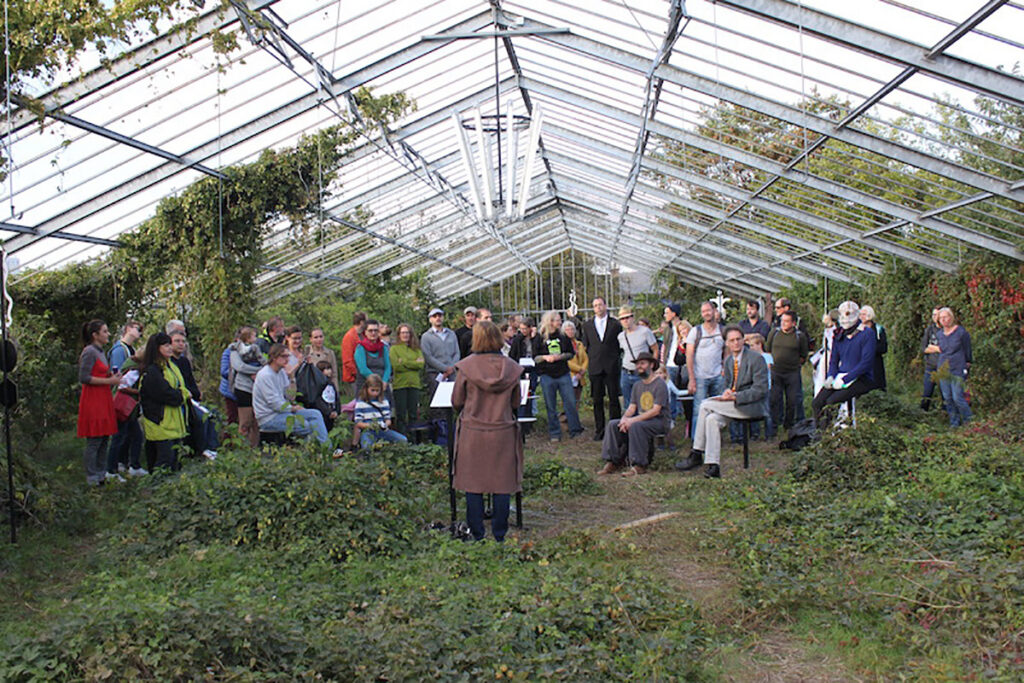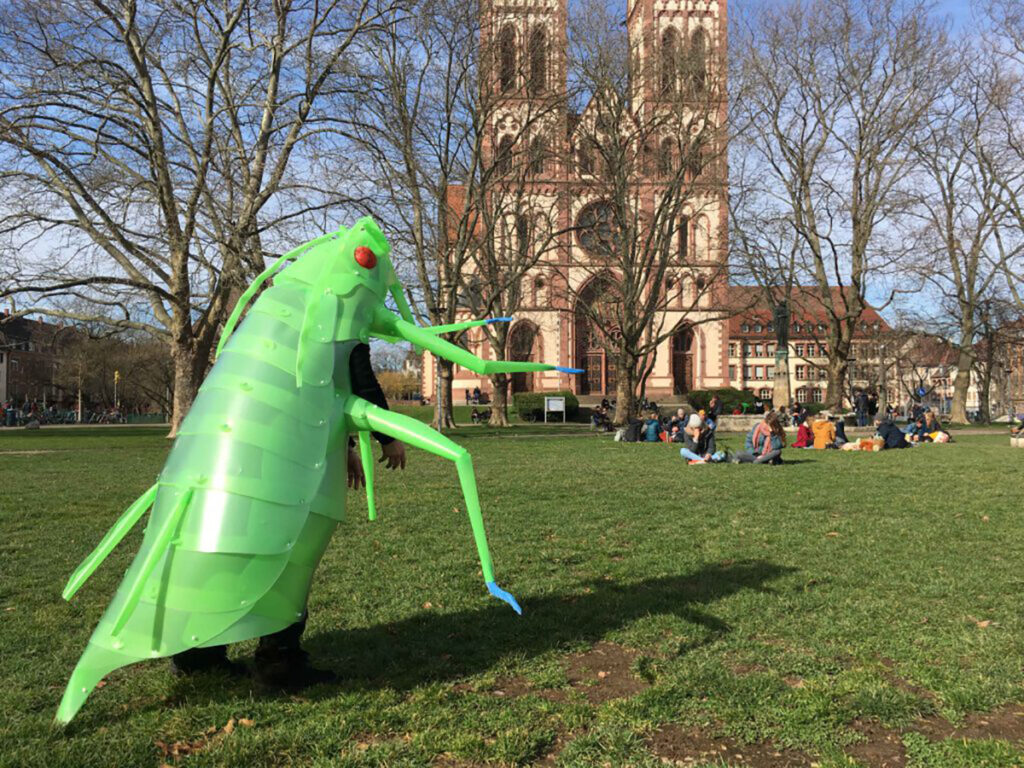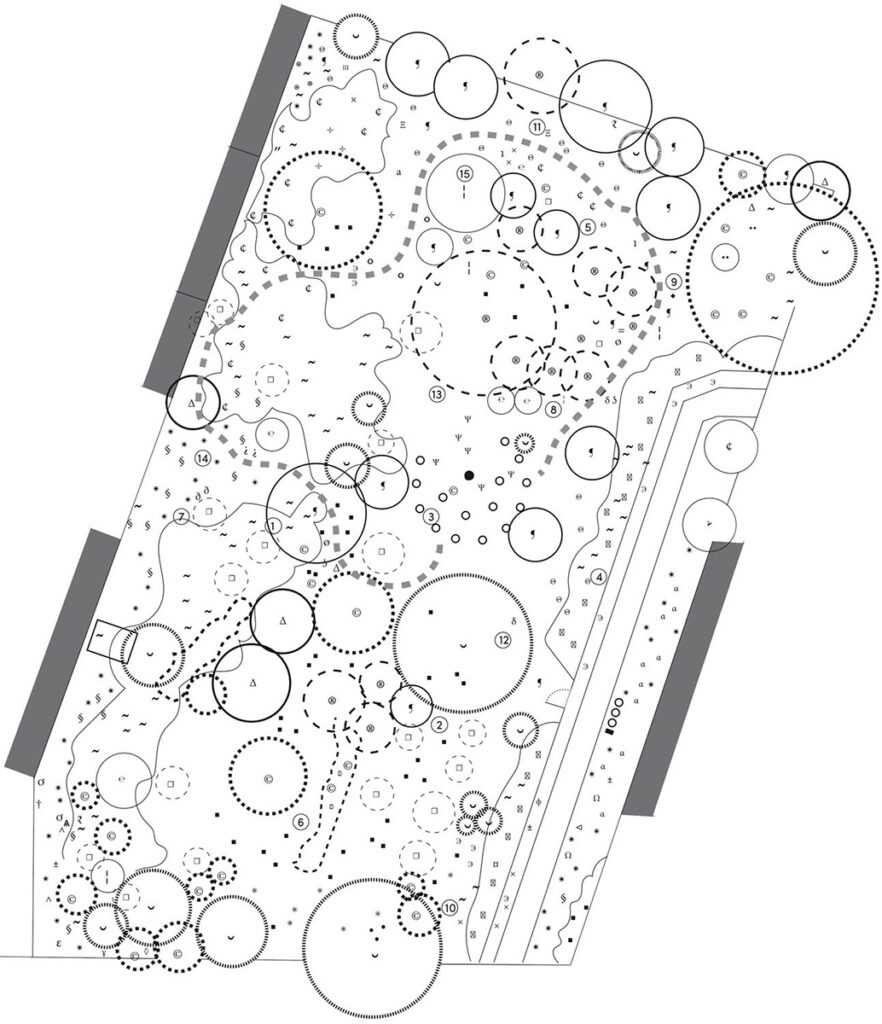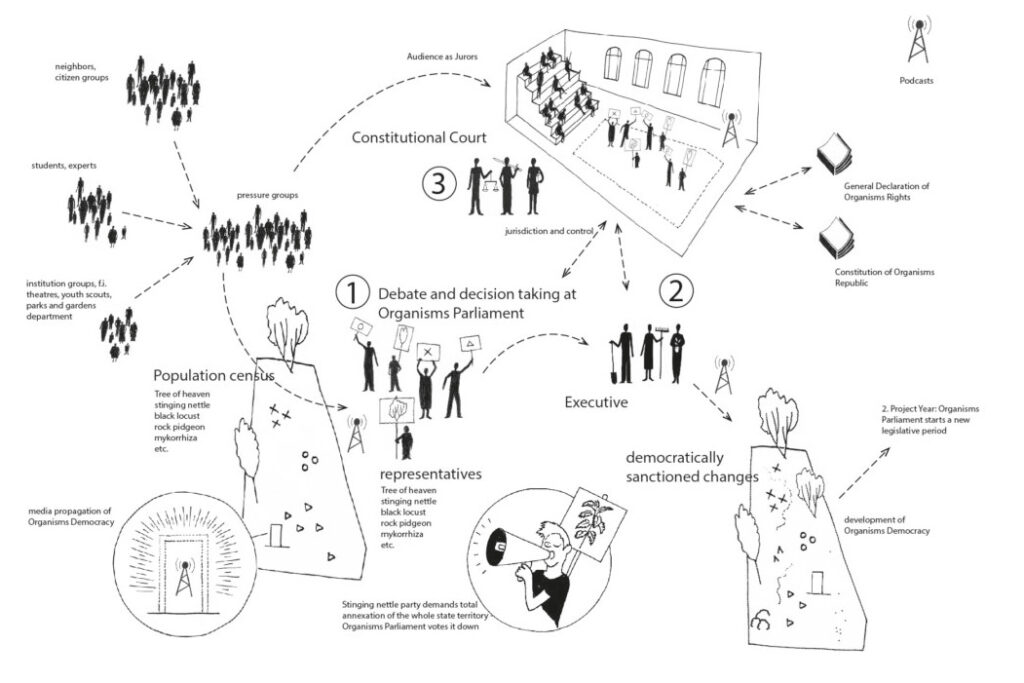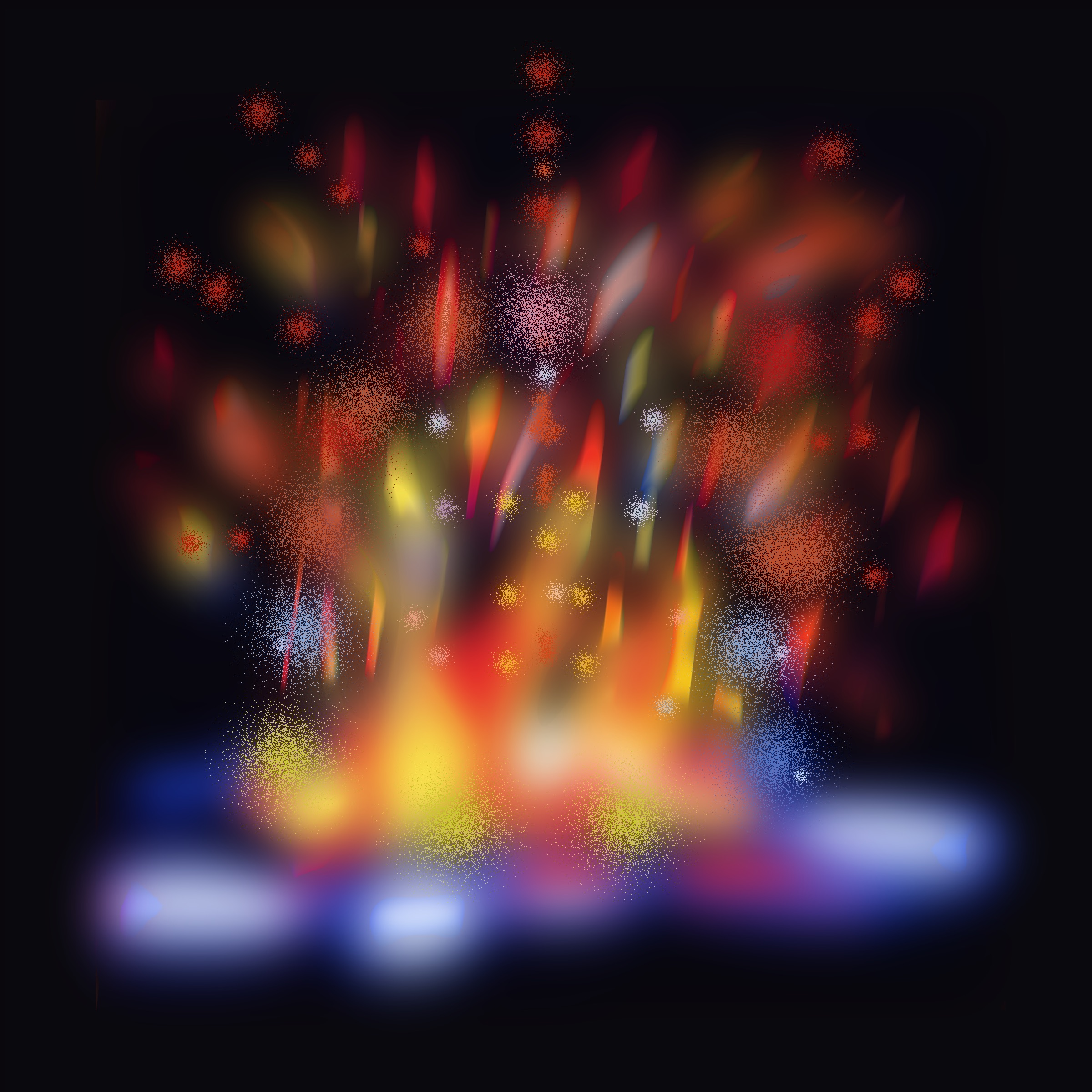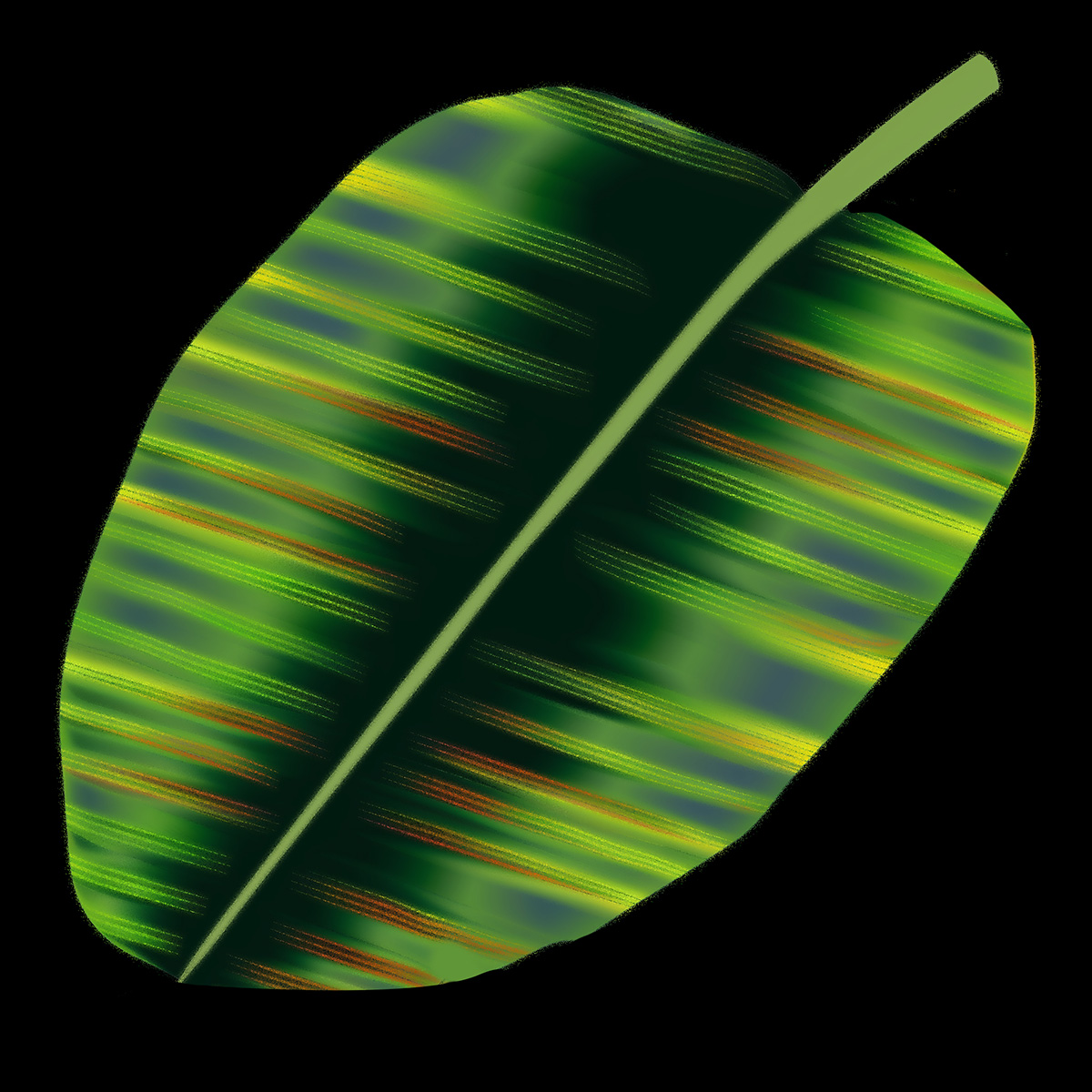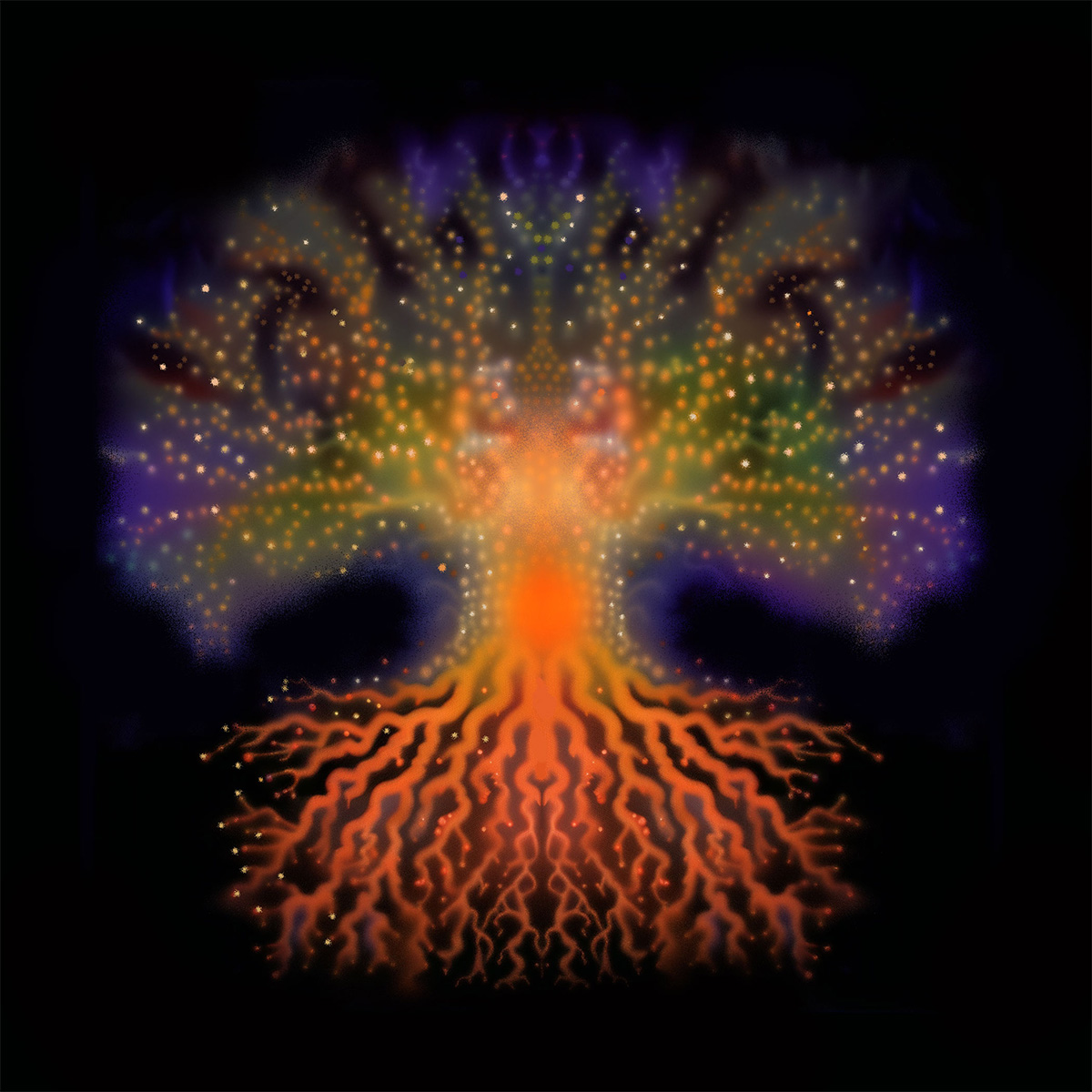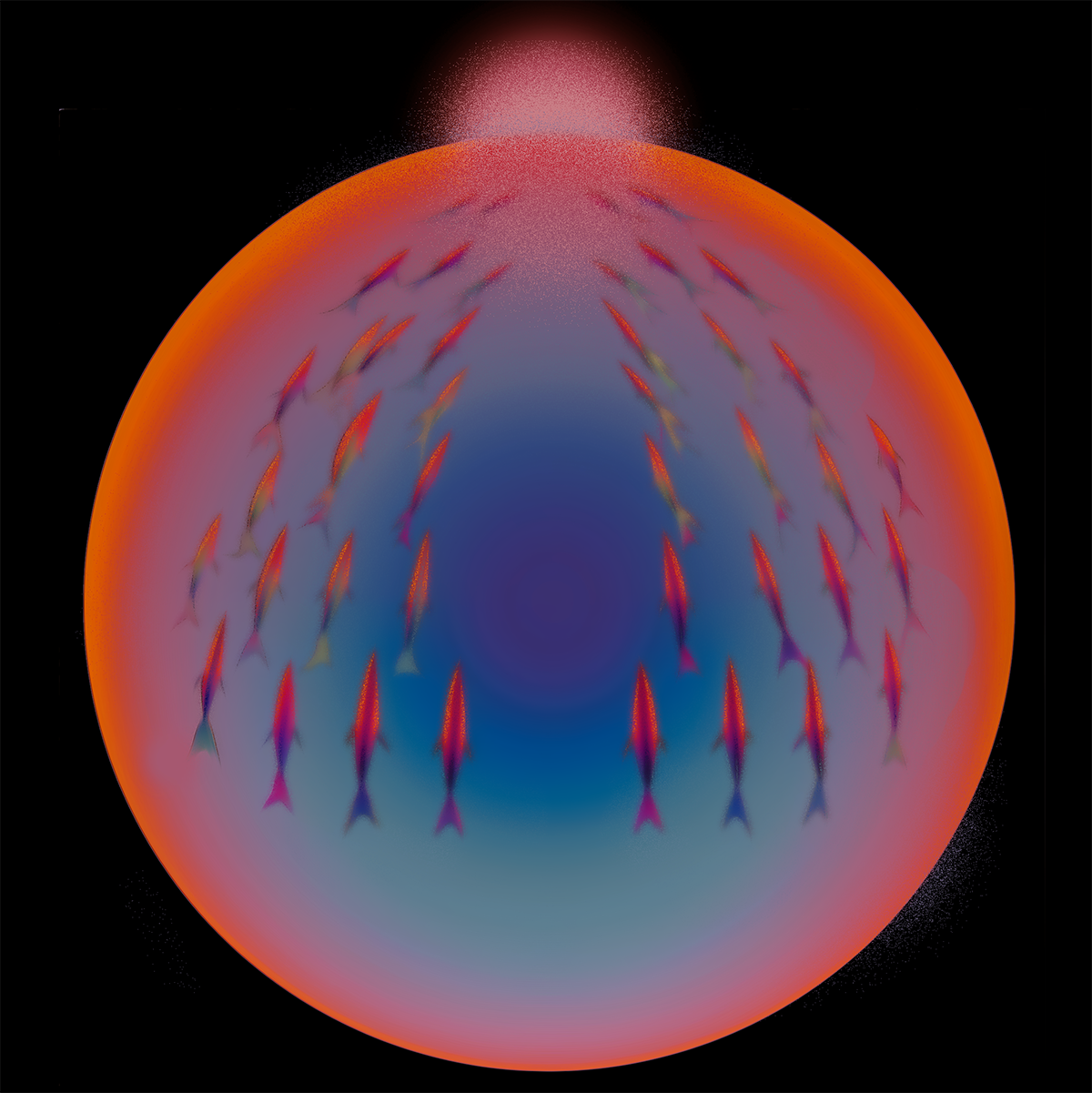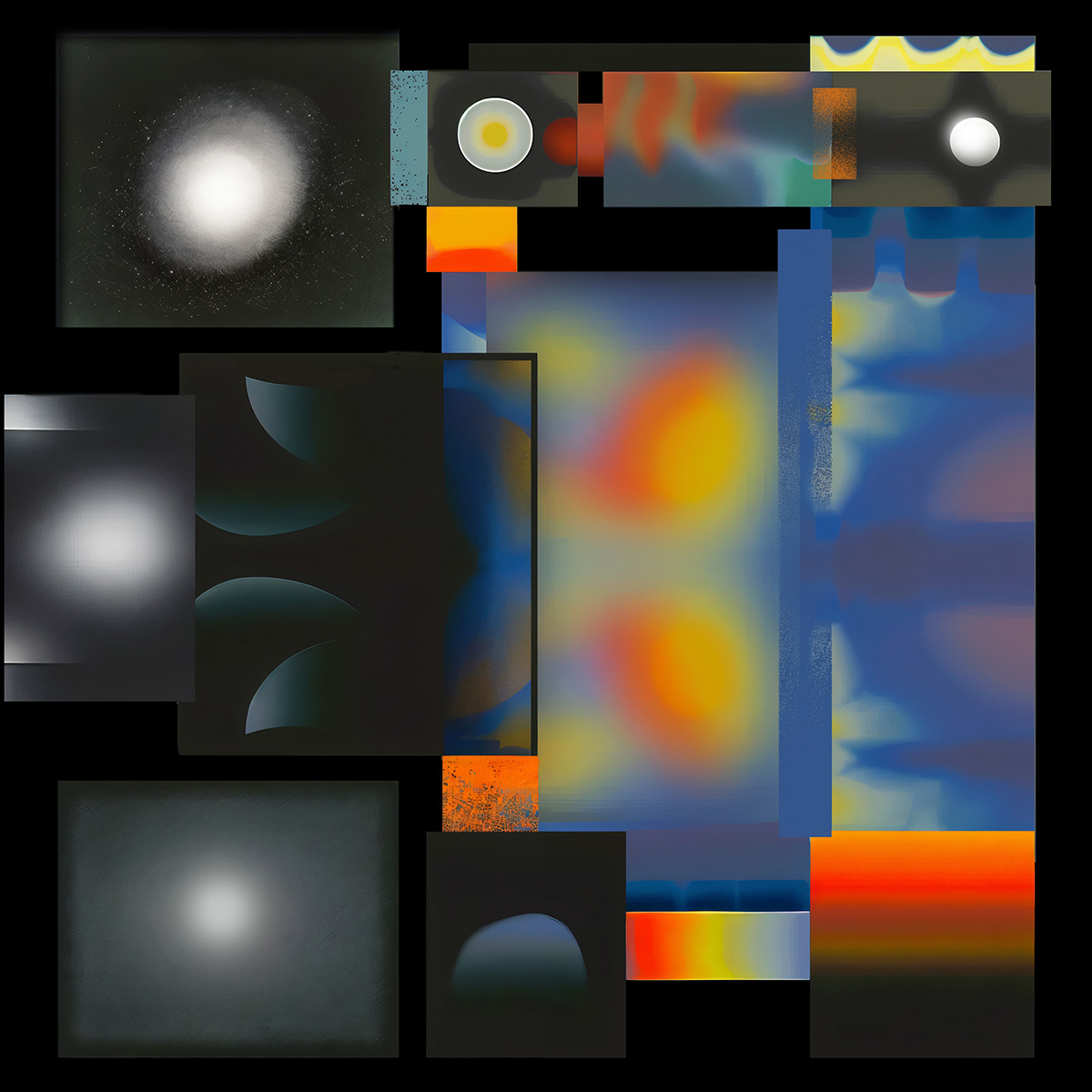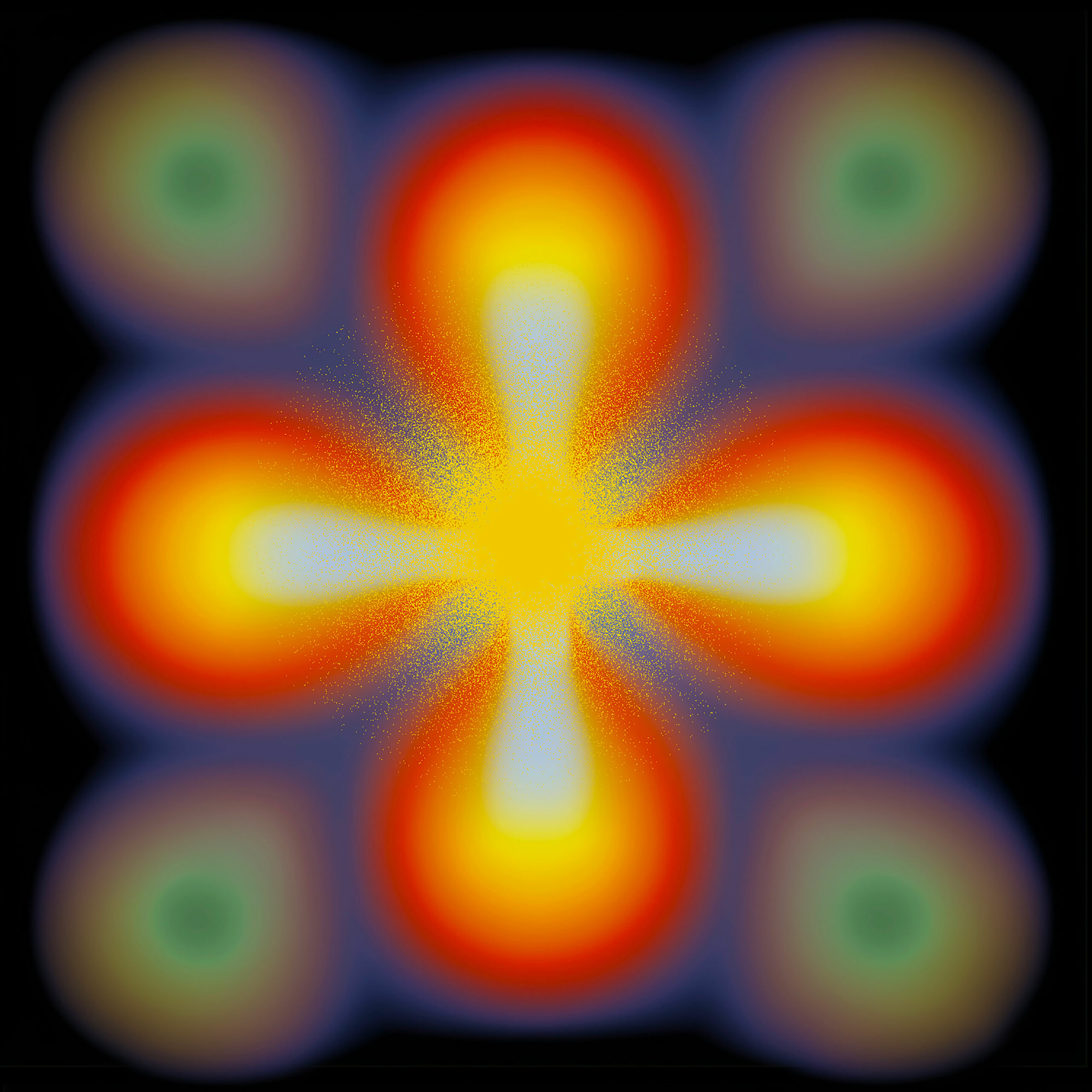relational architectures is a series that locates ways for design to operate through relationships built on solidarity
Sure as a bee hives or a crow flies—a beaver fells trees and dams streams. You might even say, it is their right to do so. But in a world of private property, state territory, and rapid urbanization, the otherwise commonplace lifestyle of the beaver can often be seen as disruptive and destructive by many modern human governing bodies (irony notwithstanding.) This is true even, or perhaps especially, in areas that are reserved for environmental protection, if a forest is protected from logging—then the beaver may be banned from felling trees. If a river is protected from ecological disturbance, the water diverting qualities of beaver architecture might then be seen as violating these protections.
It is one of innumerable paradoxes that occurs in the clashes between nonhuman organisms and modern human legal structures in a world of ecological crisis. But what might happen if the beaver—by region, by colony, by species, or by any other representative unit, was allowed to sue for its right to disturb the ecosystem? To advocate from a seat of political power, for why felling trees and damming rivers is their right and is in fact a productive disturbance to the ecosystem?
Recently, a representative of the eurasian beavers of the city of Augsburg, Germany, had this opportunity. As the city has placed the historic Red Gate, and the area around it, under environmental and legal protection—to ensure its preservation as a place of cultural significance— it has barred Castor fiber (beavers) from sourcing material and building their homes there. But in accordance to Declaration of Organisms Rights, Castor fiber, or the Eurasian beaver, is a recognized citizen of the Organisms Republic of Augsburg and has the political right to sue the city for its right to influence the habitat, and argue for the necessity of such disturbances to create a healthy ecosystem. And so in early 2024, a selected representative of the beaver made its case before a jury who then decided whether the beavers were indeed entitled to their right to play their role as ecological engineers.
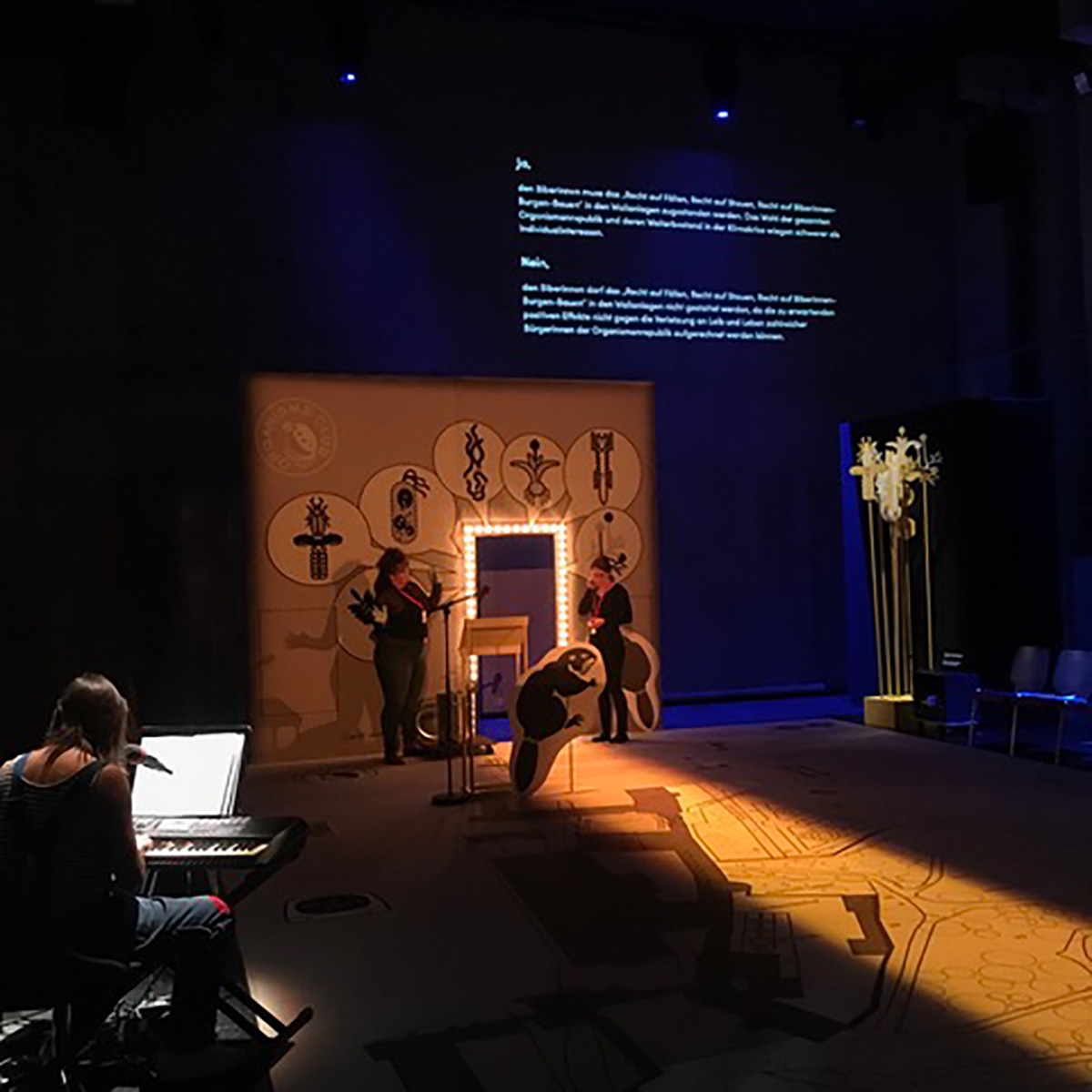
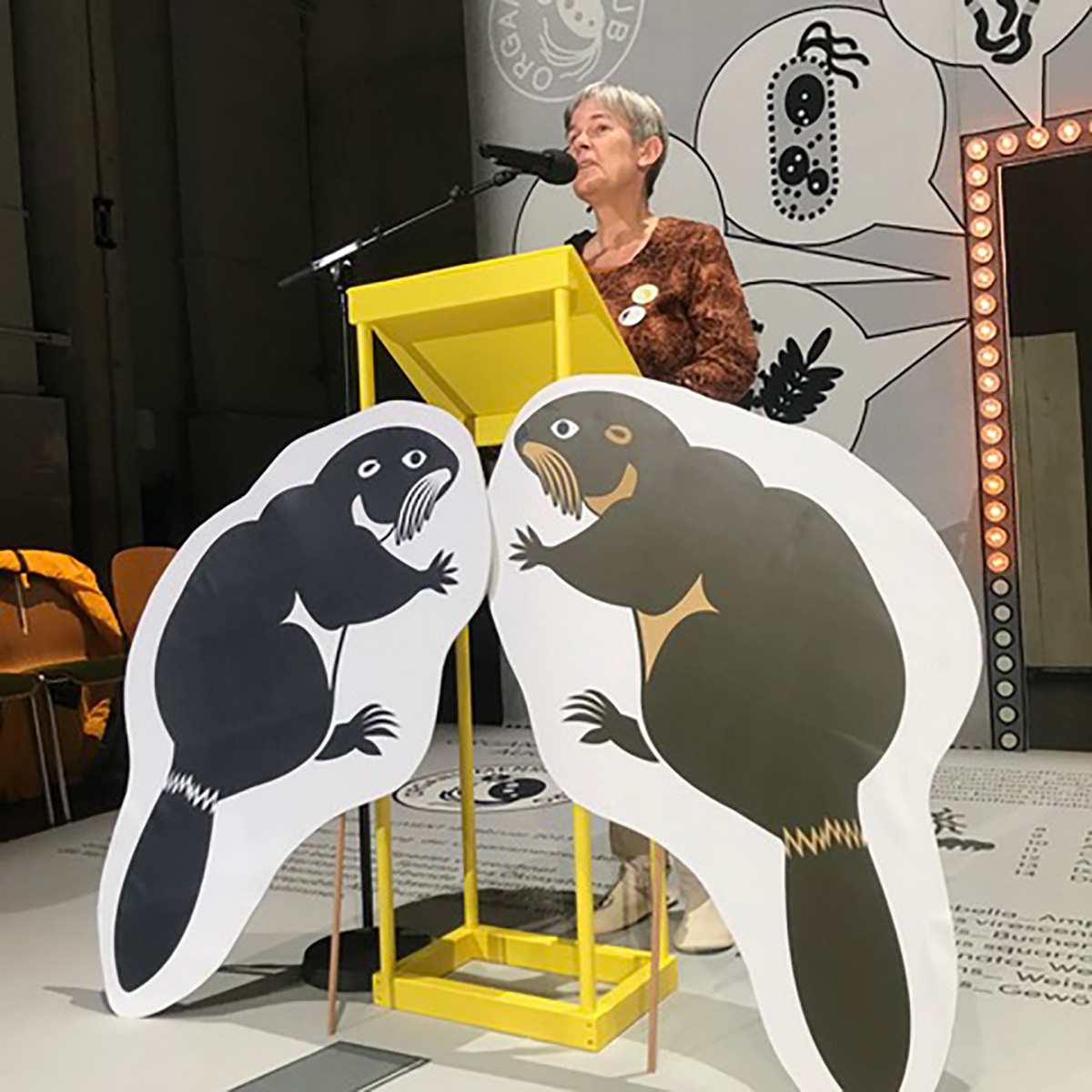
Today, in our ongoing ecological and climate crises there is much talk of nature protection and the “Rights of Nature,” even from some of the most powerful and ecologically destructive sovereign nations in the world. There are some notable examples, perhaps most famously, Ecuador has codified the legal rights of nature. The Maori iwi and the government of New Zealand have bestowed legal personhood rights upon the Urewera forest and Whanganui river, in Bolivia and Panama, different legal personhood have been granted to nature. Even in the United States and Europe, different forms of legal status and protection for nature are often discussed and occasionally even granted.
Yet many modern societies are reticent when it comes to the practical questions of how we actually share power with the more than human, or even how we even begin to invite certain parties into such processes and power relations. While in urban communities around the world, people find themselves increasingly estranged from the land and ecosystem that they are active participants of; even the tools to nurture relationships within their landscape are often unavailable, distorted, or have been taken from them outright. The possibility of diverse social and ecological representation, or even just having a say in what trees, streams, and other nonhuman ecologies are allowed in our neighborhood, can be a distant dream.
Such troubled social-ecological hegemonies have led Berlin-based art group Club Real to develop Organisms Democracy, a political system wherein all beings that inhabit or use a geographical area are citizens, all with the same right to political power and participation. Manifesting as a democratic forum/performance and a political experiment to involve others in new arrangements of practical power, Organisms Democracy gives voices to everyone–mosses, insects, fungi, shrubs, trees, and even vertebrates. Inviting representatives from the human community and other organisms of the ecosystems they share, the group enacts a Parliamentary process to vote on local actions that will be carried out by elected executive representatives of the Organisms Democary with a budget provided “so far from subsidies from human local authorities, countries and states.” (Often the city or EU funded partner organizations.)
Beaver v. Augsburg was a theatrical demonstration of how citizens might distribute political power to other species, and was the founding ceremony for Organisms Democracy Augsburg. “Humans in our civilization have very close relations to other organisms. They use them for healing, for aesthetic reasons, but for most it’s very unusual that you would say you should share power with the species that are in your flat, for example, or in your garden.” says Georg Rheinhardt, an organizing member of Club Real. “And people also do not see very easily how this should happen. So the idea of Organisms Democracy is not only about giving everybody the same rights, but also trying to find out how this sharing of power could actually work.”
The first Organisms Democracy began in 2018 in a former industrial greenhouse in Vienna and has hosted Parliaments in cities around Germany, including Gelsenkirchen, Leipzig, Freiburg, and now Augsburg. In the process, the artists have drafted both a constitution and a declaration of species rights. While Organisms Democracies in different regions can take on different forms, and are open to change as any good democracy should be, the model is primarily built around representation. At their website you can find the growing list of “citizens” that have been identified through ecological surveys at the different locations of Organisms Democracies around Europe–from single-celled bacterium to the largest backboned vertebrates.
Club Real often employs sets, costumes, icons, speeches and props as part of the process, the Organisms Democracies are not only theatrical; they are built around the idea of trying to bring practical changes to community ecology. Last year, a parliament held in the former coal mining city of Gelsenkirchen, proposed and approved the establishment of an insect healing and pigment garden on land of a former coal mine which has now been converted into a park, where locals could grow plants that could be processed into different color pigments. An ongoing effort to establish an Organisms Democracy of the Baltic Sea—involving groups from cities around the sea, proposes to introduce new ways of governing a sea that is in steep ecological decline.
Yet the most involved demonstration of Organisms Democracy in practice is best seen at the site of Organisms Democracy Berlin, where the city granted the organization a plot of land for the group to care for using the Organisms Democracy model. For five years now, hundreds of species that live and occupy the small acreage have been invited to determine how the space and its species should be cared for.
The structure of this Organism Democracy is organized around a constitutional form of government. There is a Parliament, made of seven different representative groups: Worms and Mollusca, Arthropods, Trees Shrubs Climbers, Perennials Grasses Herbs, Fungi Mosses Lichens, Vertebrates, Bacteria Single Celled Organisms Viruses), where two species are randomly chosen as parliamentary representatives of their Parliamentary Group. You can find the current serving citizens and their human representatives at the website—for example,
There were many discussions about how representation should be divided—why not break up groups by elevation? From soil to understory to overstory to canopy? Or by seasonal relations? For Organisms Democracy, identifying individual species provides a useful unit for distributing power to all living citizens and as an established system of understanding other organisms it is easy to communicate and understand for many. However this can change and the parliament can always decide to reorganize itself, “the good thing is about democracy, it’s never completely fixed.” says Rheinhardt, “it is a process, according to our changing participants every year, and changing species because we always have new species every year in the parliament. And even the Constitution is changing when people want it to do so. So it doesn’t have to be perfect.”
Proposals and decisions from Organisms Democracy Berlin cover a wide spectrum of ecological issues: a proposal to improve the living conditions for cats by bacterium Bartonella henselae (a feline loving microorganism,) for example, was voted down. While a proposal from Andrena Haemorrhoa, a species of bee, for the creation of soil habitats for mining bees was agreed to. In 2020, anti-discrimination measures in favor of herbs and grasses saw the replanting of some minority species like soapweed, and the pruning of some strong woody trees to allow more light to reach the understory. In order to carry out these actions, an executive is voted in to oversee the implementation of these decisions, and a constitutional court oversees whether all decisions uphold the rights of all decisions and can block rulings that it assesses to be unconstitutional.
Of course, the problem with creating new social and political structures under larger hegemonic powers can lead to conflicts, like in 2020, when there was a decision to make a hole in the property’s fences so that vertebrate species could have more access to the land, the action could not be carried out because it was opposed by the Berlin parks department. Physical and hegemonic fences require creative ways of thinking to get around them or work within them.
“In Berlin, it’s not possible to include mega herbivores, because it’s in the middle of the city, and it’s too small. So we have said, okay, but we need this productive disturbance regime,” says Rheinhardt. “We cannot have the wild boars here, so we will bring in some children who chop up the earth and make some bare earth for the annual plants to seed and to grow and germinate. So we’re trying to reproduce a disturbance regime, which would be better with other organisms we would like to involve.”
This form of creative play with power is something that can show new ways of relating to ecology in society. In their book, The Dawn of Everything, anthropologists David Graeber and David Wengrow describe the significance of seasonal festivals, rituals, ceremonies, in trying out forms of social organization throughout human history. “The really powerful ritual moments are those of collective chaos, effervescence, liminality or creative play, out of which new social forms can come into the world.” write Graeber and Wengrow, “The first kings may well have been play kings. Then they became real kings. Now most (but not all) existing kings have been reduced once again to play kings — as least insofar as they mainly perform ceremonial functions and no longer wield real power. But even if all monarchies, including ceremonial monarchies, were to disappear, some people would still play at being kings. ”
Rather than playing king or queen, participants take on the role of representative aphids, ants, trees, and fungi, not to establish a rigid power structure for Organisms Democracy but instead as a starting point to imagine different ways of relating to ecology. “We do not want to be so intellectual always with this democratic system. We want to use the democratic system in a way that we say, okay, our starting point is an eye to eye encounter on the same level with the same rights and with the same, with the same justification to get some power in this process, but the outcome can be beyond words, it can be very practical in show in the eating or in touching or in whatever smelling transformation processes,” says Rheinhardt.
But even as Club Real tries to bring in a wide swath of the community into the space to participate in Organisms Democracy—to give more people the chance to represent and speak for another species–it is still a struggle for people to play an active role in shaping these multispecies democracies. “The problem is, I feel that in our society, there are a lot of people who don’t feel or really don’t have enough time for anything apart from their work and family and their health. They don’t have enough resources and they don’t have enough time and sometimes they feel insecure to participate in anything. So, I think in general, in this kind of society, where we are working here in Berlin at least, it is very hard to reach a very broad part of society because people have a lot of problems.”
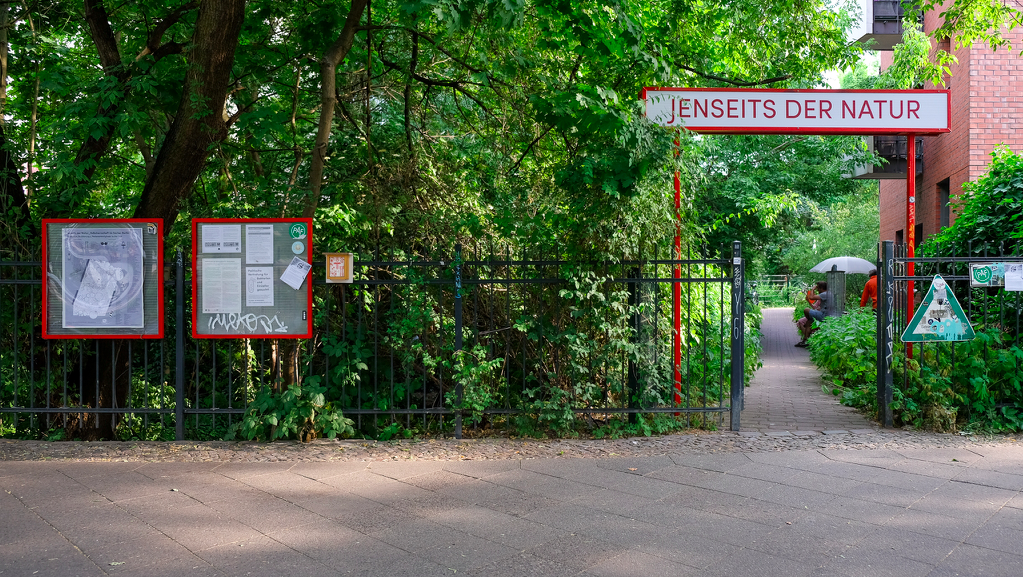
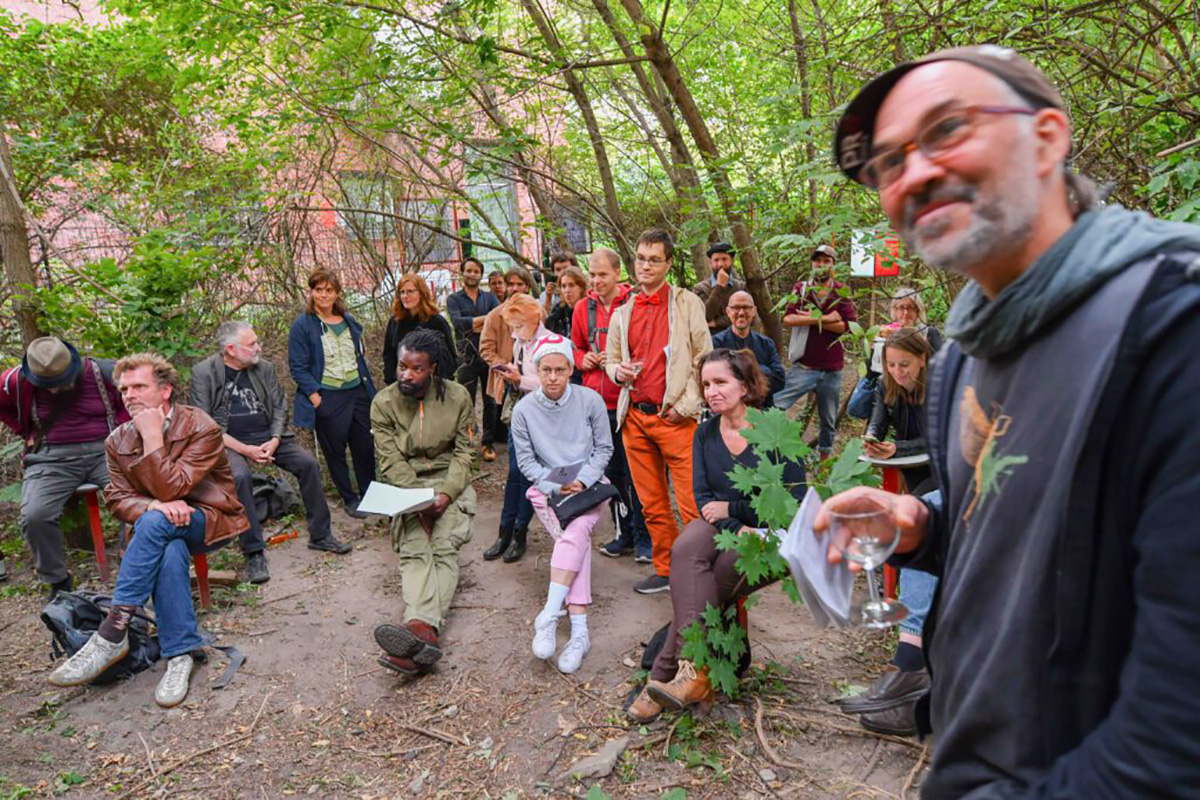
In Augsburg, the beaver won its trial, deemed free to continue its own unique work to shape the local ecosystem. The victory was part of a performance, and the future of the beaver in the region remains uncertain, as its ecological role often puts it in opposition to the region’s new wildlife protection rules. But as Organisms Democracy continues to show, such rituals and festivities translate to a new way of imagining social order and governance.
While the idea of giving equal political power to nonhuman organisms might appear as something radical at first glance, such hesitancy towards granting others power goes beyond nonhuman organisms. “If we say, we now want 10 children in the government, or in the parliament—that’s absurd for people. So if we’re not very good at sharing power, even with our own species and when it comes to others, then there’s a long way to go,” says Rheinhardt.
But part of realizing that not only can giving other perspectives rights and political relationships work, but it can bring positive changes to everyone–human and nonhuman—is “ that when people participate in this kind of power sharing, not only within representation with a parliament and discussions, but also when it comes to an executive to implementing measures,” says Rheinhardt, “and people see that it is possible and that these implementations of these measures can bring something positive for a lot of groups for the whole system often. And then it becomes concrete.”

